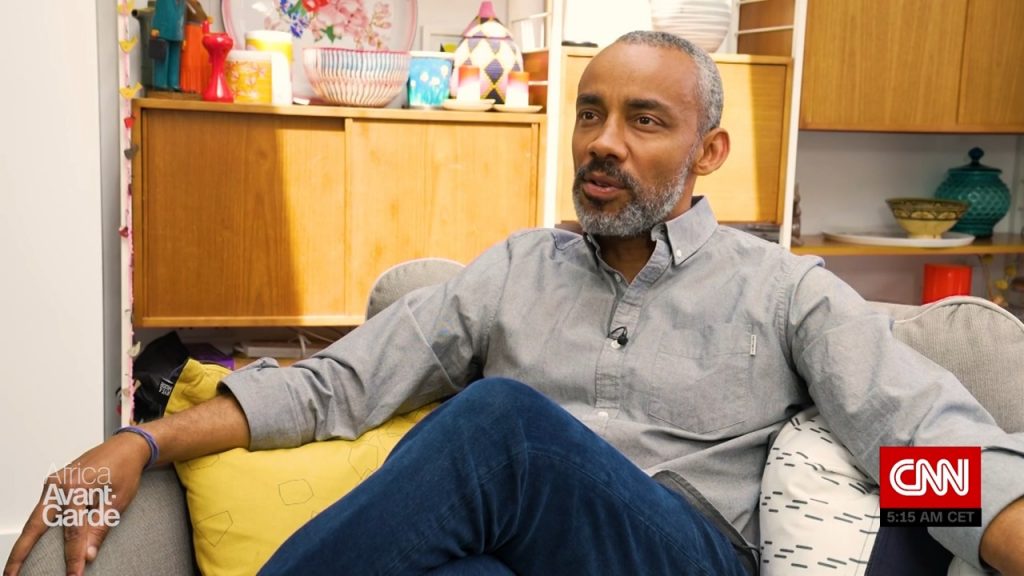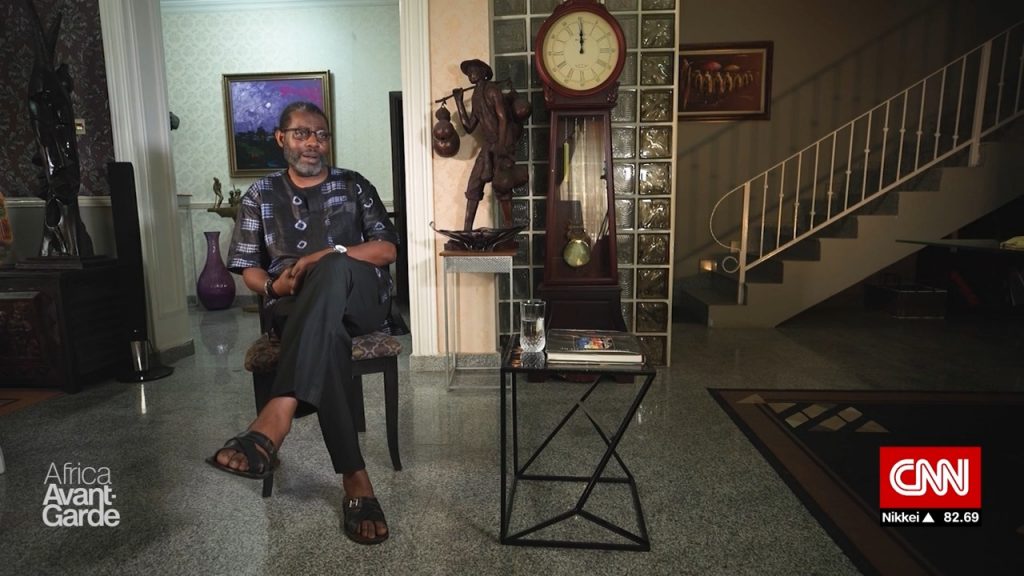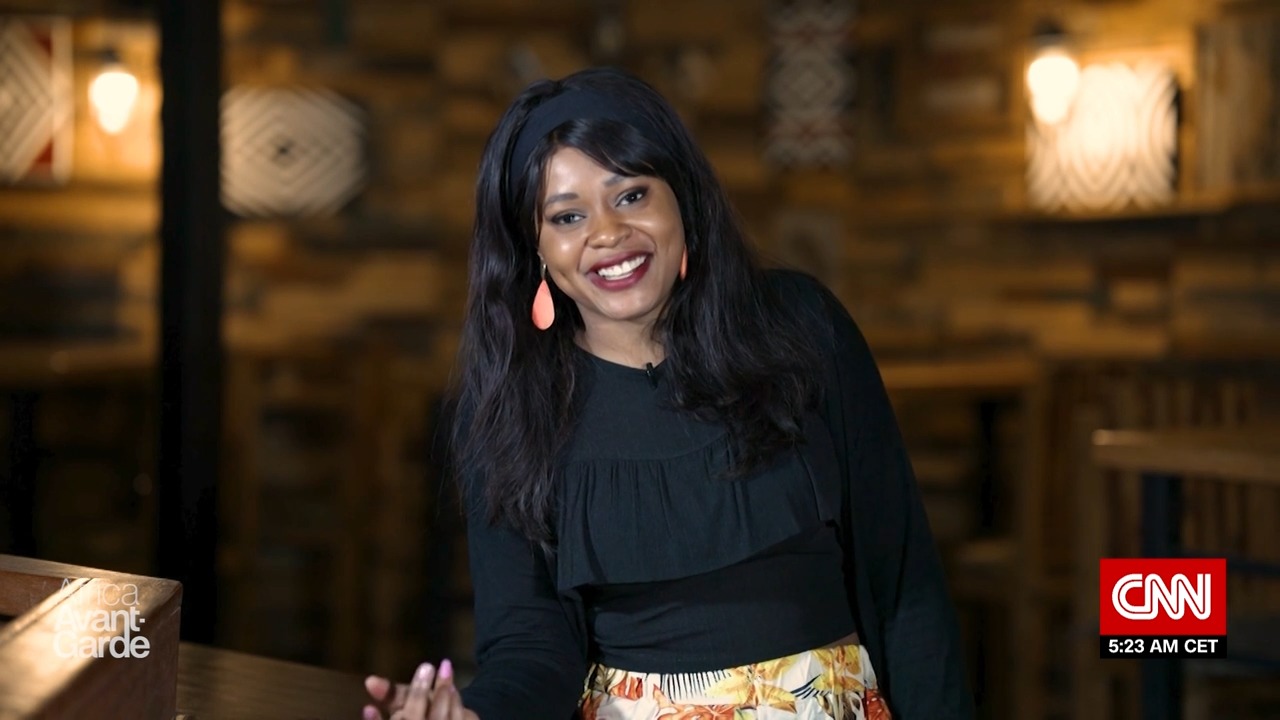Credits CNN
In the latest episode of Africa Avant-Garde, CNN International explores the art of filmmaking across the continent and sees how Netflix is investing in African talent.
Nigerian filmmaker Femi Odugbemi has been directing films for over 25 years. He discusses what it means to be a storyteller, “A storyteller is a very empowered professional. How you tell the story can be in different forms. I mean, you have a choice. Your choices can be directed by the amount of resources you have. It can also be directed by the form that you think will bring you the most impact.”

Jenna Bass is one of the facilitators for ‘Free Film School’ in Cape Town, South Africa. She tells the programme about the scheme, “Free Film School is a project that has been running informally since 2019. It really just kind of came about because I was having a conversation with a friend of mine, we kind of realised that between ourselves we knew so many people in the creative industries who if we could convince everyone to volunteer one Saturday a year, that you’d have a year-long program of amazing talks and content, and people sharing and having access to those people.”

Bass believes that while anyone is capable of being a filmmaker, financial barriers still remain. She talks about how these barriers impede young creatives, “Anyone can be a filmmaker but in terms of accessing platforms, finance, and resources, I think the barriers are mostly as difficult as what they once were. Certain things are opening up. But I still think film and media making are a relatively middle-class occupation and it’s very difficult to crack into that, the barriers are very much there.”
Another barrier facing filmmakers is the gender gap. South African filmmaker Bongiwe Selane speaks about her struggles getting started in the industry, “When I started in the industry ten years ago, I think the hard part of it was really coming into a very male-dominated industry. An industry that kind of favoured the heads to be male. That was hard. I think it is changing a lot more, I think there was a recognition also from funding bodies that that was happening, and a lot of interventions were made to change that.”

The programme also meets Tendeka Matatu who is the Netflix Director of local language films for Africa. Netflix partnered with UNESCO to create a short film competition in Africa. Matatu explains the competition’s aim, “It was really about the understanding that great stories can come from anywhere and be enjoyed everywhere. And giving African filmmakers the opportunity to tell their stories from their perspective. We also wanted to help emerging filmmakers, who often face boundaries, of resources, just a small network, and an inability to know how to get started, really help those filmmakers find a voice, and find distribution for their stories.”

The six competition winners will get funding and support to create short films based on African folktales. Voline Ogutu, the film competition winner from Kenya, talks about how this funding will change her filmmaking experience, “We are receiving $75,000 for the making of our short films. Compared to my previous projects, I’m an independent filmmaker. I don’t think I have ever been funded, particularly for a film. I usually use my own savings so getting funds of that magnitude to make the short film is a really good experience. And I’m gonna put every single cent to good use.”
Each winner is also matched with a mentor who will help shape and guide their project. These include Bongiwe Selane and Jenna Bass. Bass tells CNN about her advice for young filmmakers, “I always recommend the young filmmakers, the ones who want to be directors and realise their vision, and tell stories, to make sure you have the tools and the power to make it on your own. Obviously, yes, it’s a collaborative industry and the ideal is that you do have support. What if you don’t have support? What then? So, I think it’s really important, and it’s very empowering.”


